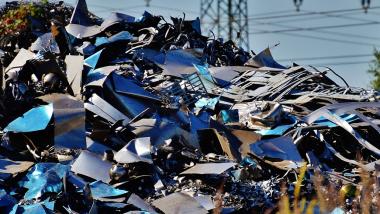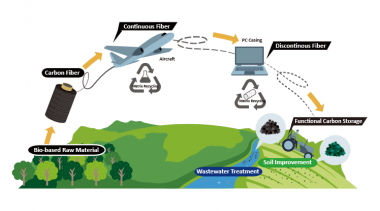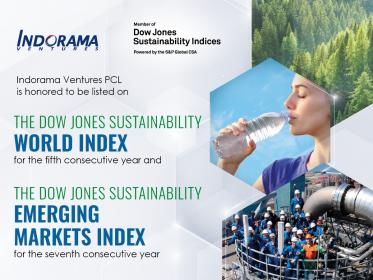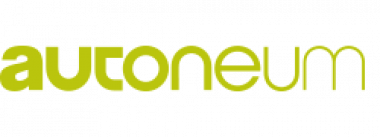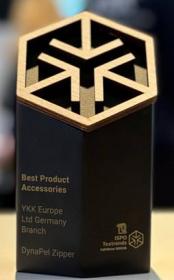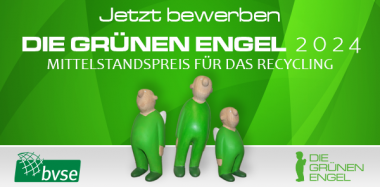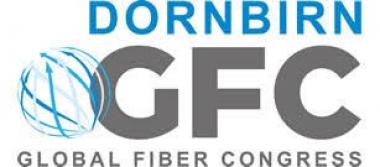Long-lived lamellas for reinforcing buildings
Carbon fiber-reinforced polymer lamellas are an innovative method of reinforcing buildings. There are still many unanswered questions regarding their recycling, however. A research project by Empa's Mechanical Systems Engineering lab is now set to provide answers. Thanks to the support from a foundation, the project could now be launched.
The construction sector is responsible for around 60 percent of Switzerland's annual waste. The industry's efforts to recycle demolition materials are steadily increasing. Nevertheless, there are still end-of-life materials that, for the time being, cannot be reused as recycling would be too time-consuming and expensive. One of these are carbon fiber-reinforced polymer (CFRP) lamellas.
Making buildings "live" longer
The reinforcing method developed by Urs Meier, former Empa Director at Dübendorf, has been used in infrastructure construction for 30 years. CFRP lamellas are attached with epoxy adhesive to bridges, parking garages, building walls and ceilings made of concrete or masonry. As a result, the structures can be used for 20 to 30 years longer. The method is increasingly being applied worldwide – mainly because it massively improves the earthquake resistance of masonry buildings.
"By significantly extending the lifespan of buildings and infrastructure, CFRP lamellas make an important contribution to increasing sustainability in the construction sector. However, we need to find a way how we can further use CFRP lamellas after the buildings are being demolished," explains Giovanni Terrasi, Head of the Mechanical Systems Engineering lab at Empa. To achieve this, he wants to develop a method for recycling CFRP lamellas. Convinced by this idea, a foundation supported it with a generous donation. The project officially launched in October.
Gentle separation
First, a mechanical process will be developed to detach the CFRP lamellas from the concrete without damaging them. Initial tests at Empa are encouraging: After the lamellas were separated from the concrete, they still had a strength of 95 percent – even if they had already been used for 30 years.
Then, the demolished CFRP lamellas shall be used to produce reinforcement for prefabricated components. Terrasi's goal: saving thousands of tons of CFRP lamellas from ending up in landfills after the demolition of old concrete structures and reuse them in low-CO2 concrete elements. After completion of the project, Giovanni Terrasi and his team – consisting of Zafeirios Triantafyllidis, Valentin Ott, Mateusz Wyrzykowski and Daniel Völki – want to produce railroad sleepers from recycled concrete, which will be reinforced and prestressed with demolition CFRP lamellas. This would give the "waste-to-be" material a second life in Swiss infrastructure construction.
Empa


